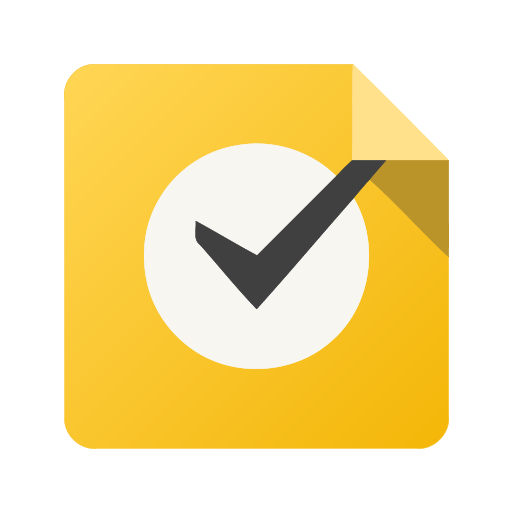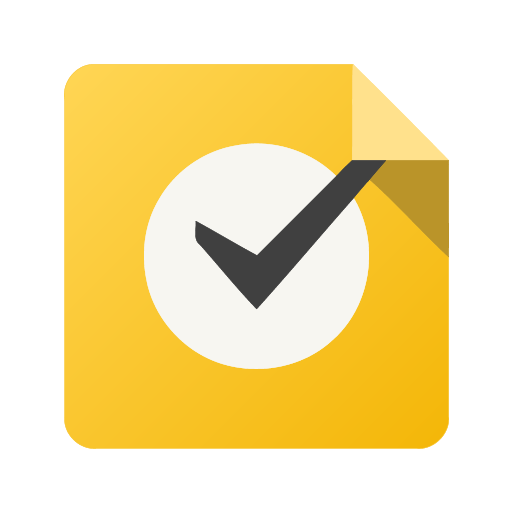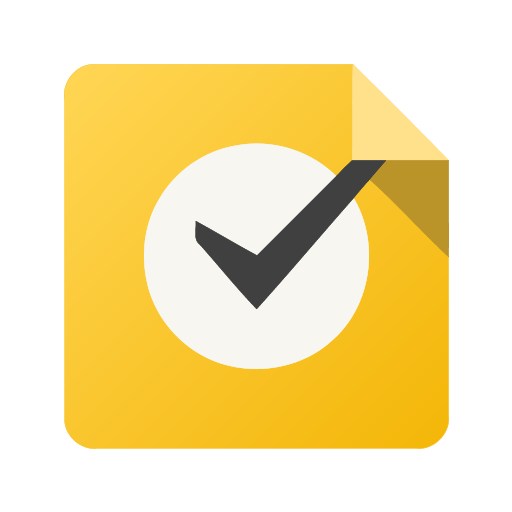Understanding the Internet

According to the International Telecommunication Union, an average user spends 6.22 hours online per day! We all use the Internet, but do you ever wonder what the Internet is and how it started?

The key objectives of this section are to:
- Learn about the Internet, what it is, how it began, and its role in our lives.
- Understand the best ways to use it.
Competencies you are developing:
- You will understand what the Internet is, how it works and how it functions as a global network.
- You will discover the origins of the Internet and how it developed into its current form.
- You will recognize the various ways the Internet can improve your daily life, such as staying connected, accessing information, using online services, and enjoying entertainment.
#1. Think for a moment...
- How long do you spend on the Internet?
- What activities do you usually do online?
#2. The History of the Internet
The Internet is a global network connecting millions of computers worldwide, akin to an extensive library and social hub combined. It allows users to share information, communicate, and access resources. It's a valuable tool that allows you to stay connected with loved ones, access information, and delve into various interests—all from the convenience of your home.
But before it became what it is today, it served a slightly different purpose...
Watch the video and answer the questions at the end:
#3. The Internet Today
The Importance of the Internet in our Daily Lives
In today’s digital age, the Internet has become an essential part of our daily lives. Here’s why:
Staying Connected: The Internet allows us to stay in touch with family and friends, no matter the distance. With video calls, emails, and social media, it is easier than ever to keep up with loved ones.
-
Access to Information: The Internet is a vast library of information. From news updates to health advice, it provides quick access to a wealth of knowledge at our fingertips.
-
Online Services: Many services are now online, making life more convenient. You can pay bills, shop, book appointments, and even consult with your doctor from the comfort of your home.
-
Entertainment: The Internet offers a wide range of entertainment options, including movies, music, games, and books, catering to all tastes and interests.
-
Learning New Skills: There are numerous online courses and tutorials available on the Internet. It’s never too late to learn something new!
Watch the short video and answer pop-up questions:
Now that you know the brief history of the Internet, and how the Internet works let’s think about what the Internet can be used for?
Click the arrow to open the tab and see the content:
#4. My Experience with the Internet
You certainly use the Internet daily for many various purposes.
However, let's narrow down the topic to these three main categories: learning, work, and personal use.
Consider how you use the Internet in these three categories. Perhaps you use interesting websites or helpful applications. Maybe you use specialized programs?
Think about the following questions:
-
What do I use the Internet for?
-
How do I use it?
-
What are the biggest advantages of using the Internet for this purpose, and what benefits does it bring me?
-
What disadvantages do I see, what are my problems, what would I like to change?
#5. Summary
Now that you've completed all the activities in this section, here's a summary to help you solidify your understanding.
- The Internet is an essential tool in our daily lives, providing opportunities for connection, learning, work, entertainment, and other various needs and interests.
- The Internet began in the 1960s, leading to the World Wide Web in 1989, making online activities a part of modern life.
- From Netscape Navigator in 1994 to today's 5.3 billion users, the Internet has evolved, and we're on the verge of Web 3.0, promising user control and introducing the idea of the metaverse.
- The Internet's infrastructure relies on a vast network of underwater fibre optic cables, connecting continents for more efficient data transfer than satellite methods.
- Data's journey from a server's SSD to your device involves unique IP addresses, DNS acting like a phone book, and data transmission through cables or electromagnetic waves, showcasing the complex process of accessing information online.
#6. References






